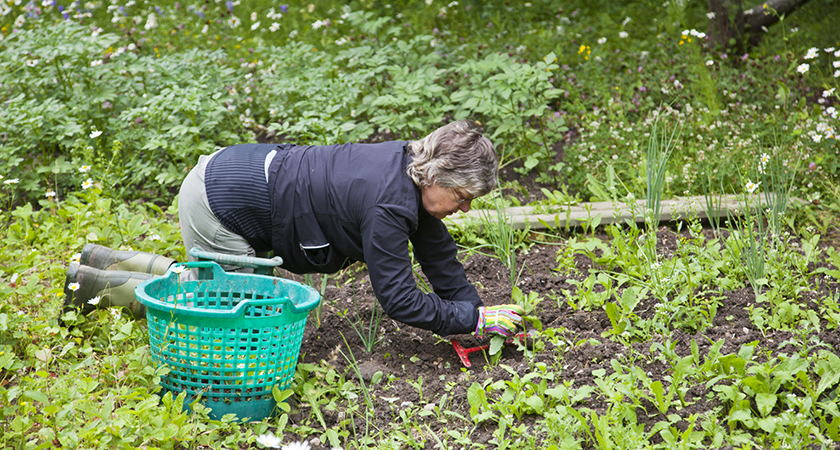Nerines
Leaves on all Nerines have now been removed.
These were cut just above the neck of the bulbs and as a result are now subjected to increase light, extra sunshine and decidedly more heat.
A feed with a high potash liquid tomato food followed and this will boost their potential for better blooming during the weeks ahead and on into September.
Related to the Amaryllis, nerines are excellent for cutting and last for ages in water.
The flowers are basically trumpet-shaped but the segments are narrow and re-curved at the tips, which create a more informal, spidery effect.
Geraniums
Fancy-leafed geraniums should not be overlooked as pot plants for frost-free sun lounges and conservatories for winter.
They will succeed handsomely in these covered structures especially if kept on the dry side from November until spring.
Their leaves alone (apart from any bonus blooms which will certainly be produced) are worth having, and in the case of such popular varieties as ‘Vancouver Sentinel’, ‘Mrs Henry Cox’, ‘Mrs Quilter’ and ‘The Czar’ will be found stunning when all outside is dead and lifeless.
Earwigs
Do not forget to set traps for earwigs.
These can be a great nuisance on dahlia plants as they eat holes in the flower buds, thus damaging the petals.
It is wise to take all possible precautions to keep their numbers down and one good organic method is to use plastic pots filled with hay or straw stuck atop bamboo canes placed among dahlia plants.
As earwigs are nocturnal creatures these traps must be inspected every day and any earwigs they contain disposed of.
If crushing these is not to your liking then bring the pots to a bucket of salt water and tip the offenders into this.
Rose suckers
Be watchful this month for rose suckers and if found, cut off close to the rootstock to prevent further growth.
They draw strength from the cultivar and weaken flowering.
If necessary, draw back the soil so that the job can be done properly.
Faded blooms should also be removed to prevent rose hips from forming except of course in the case of species roses where these are a decorative feature during autumn and winter.
New growth which appears on climbing roses should be tied into place as they develop to prevent them from being damaged by autumnal winds and rain.
Weeding
A short stint at weeding can be a restful experience on a warm day for it changes the current of thought in the gardener’s mind.
A non-gardener only sees the seasons as they arrive, ‘weeders’ can see into the distant future and plan accordingly.
It is especially rewarding when done following the kind of weather we have experienced since spring for the weeds (which have arrived in battalions) come up more easily, root and branch mainly intact.
It is indeed pleasurable, but there’s also something more; a feeling of repetition and a connection (perhaps to our ancestors) to those who enjoyed the same sensation of muddy fingers and strange smells a long time ago.
Time sometimes changes absolutely nothing.


